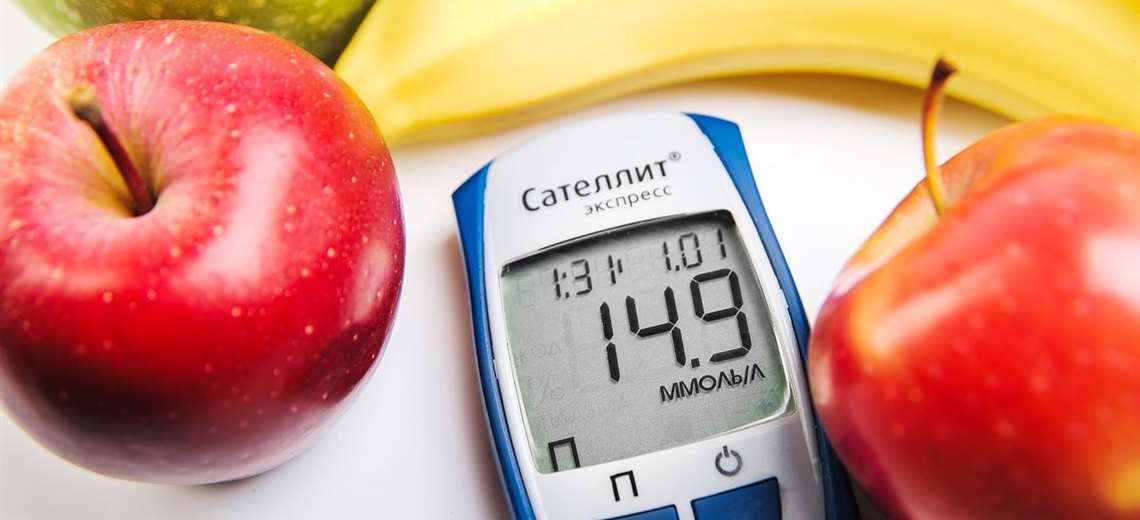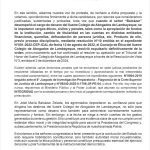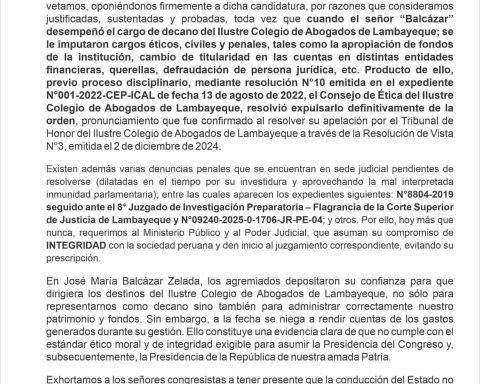By: Douglas Villarroel – Endocrinologist Physician
It’s no secret that the Diet is very important in managing type 2 diabetes. While there is no single diet for diabetes management, certain nutritional choices should act as the foundation of an individual eating plan.
The plan of food must work with the body, not against it, so it’s important that the foods you eat don’t raise your blood sugar levels.
In the short term, meals and snacks eaten affect blood sugar levels. However, in the long term, dietary habits affect the risk of developing chronic complications from type 2 diabetes.
You have to eat in moderation
If you are overweight, losing 5 to 10 percent of your weight helps lower your blood sugar levels. Losing weight also helps lower your risk of developing heart disease.very common in type 2 diabetes.
to achieve and keep a healthy weight, you have to eat in moderation and pay attention to the amount of food you eat.
Depending on weight, eating habits and other diseases, it is advisable to reduce the number of calories in meals or snacks.
Taking care of yourself with your diet also helps keep your blood sugar levels within normal parameters.
Choose nutrient-dense foods
eat a wide variety of nutrient-dense foods It helps to complete the nutritional needs of the body.
It is important to avoid consuming refined carbohydrates. Refined carbohydrates tend to be low in nutrients but high in calories.
Eating too many raises blood sugar levels and contributes to weight gain.
Nutrient rich foods are: froutes, vegetables, legumes (lentils, beans), whole grains (brown wheat and rice), nuts and seeds, lean sources of protein (chicken, fish, and eggs), dairy products (unsweetened yogurt).
Eat foods with heart-healthy fats
The types of fat consumed are more important than the total amount of fat eaten.
To lower the risk of heart disease, you can eat foods rich in monounsaturated and polyunsaturated fats. On the other hand, you should limit your intake of saturated fats and avoid trans fats.
Healthy fats that can be consumed are: avocado, nuts (almonds, walnuts and peanuts), fish, tofu, olive oil, canola oil, soybean oil, and sunflower oil. Saturated fats to avoid are: fatty meats (ground, sausage, bacon, bologna), whole milk and full-fat cheese, creams, chicken skin, lard, coconut oil, palm oil.
Trans fats not to consume: processed snacks (potato chips), stick margarine. To control blood sugar levels, weight and risk of complications from type 2 diabetes, It is important to follow a healthy and balanced diet.
eat in moderation and portion control help you reach and maintain a healthy weight while keeping your blood sugar normal.
One has to do your best to choose foods that are rich in nutrients and reduce excessive consumption of calories, refined carbohydrates and saturated or trans fats.
By: Douglas Villarroel – Endocrinologist Physician
It’s no secret that the Diet is very important in managing type 2 diabetes. While there is no single diet for diabetes management, certain nutritional choices should act as the foundation of an individual eating plan.
The plan of food must work with the body, not against it, so it’s important that the foods you eat don’t raise your blood sugar levels.
In the short term, meals and snacks eaten affect blood sugar levels. However, in the long term, dietary habits affect the risk of developing chronic complications from type 2 diabetes.
You have to eat in moderation
If you are overweight, losing 5 to 10 percent of your weight helps lower your blood sugar levels. Losing weight also helps lower your risk of developing heart disease.very common in type 2 diabetes.
to achieve and keep a healthy weight, you have to eat in moderation and pay attention to the amount of food you eat.
Depending on weight, eating habits and other diseases, it is advisable to reduce the number of calories in meals or snacks.
Taking care of yourself with your diet also helps keep your blood sugar levels within normal parameters.
Choose nutrient-dense foods
eat a wide variety of nutrient-dense foods It helps to complete the nutritional needs of the body.
It is important to avoid consuming refined carbohydrates. Refined carbohydrates tend to be low in nutrients but high in calories.
Eating too many raises blood sugar levels and contributes to weight gain.
Nutrient rich foods are: froutes, vegetables, legumes (lentils, beans), whole grains (brown wheat and rice), nuts and seeds, lean sources of protein (chicken, fish, and eggs), dairy products (unsweetened yogurt).
Eat foods with heart-healthy fats
The types of fat consumed are more important than the total amount of fat eaten.
To lower the risk of heart disease, you can eat foods rich in monounsaturated and polyunsaturated fats. On the other hand, you should limit your intake of saturated fats and avoid trans fats.
Healthy fats that can be consumed are: avocado, nuts (almonds, walnuts and peanuts), fish, tofu, olive oil, canola oil, soybean oil, and sunflower oil. Saturated fats to avoid are: fatty meats (ground, sausage, bacon, bologna), whole milk and full-fat cheese, creams, chicken skin, lard, coconut oil, palm oil.
Trans fats not to consume: processed snacks (potato chips), stick margarine. To control blood sugar levels, weight and risk of complications from type 2 diabetes, It is important to follow a healthy and balanced diet.
eat in moderation and portion control help you reach and maintain a healthy weight while keeping your blood sugar normal.
One has to do your best to choose foods that are rich in nutrients and reduce excessive consumption of calories, refined carbohydrates and saturated or trans fats.
;


















